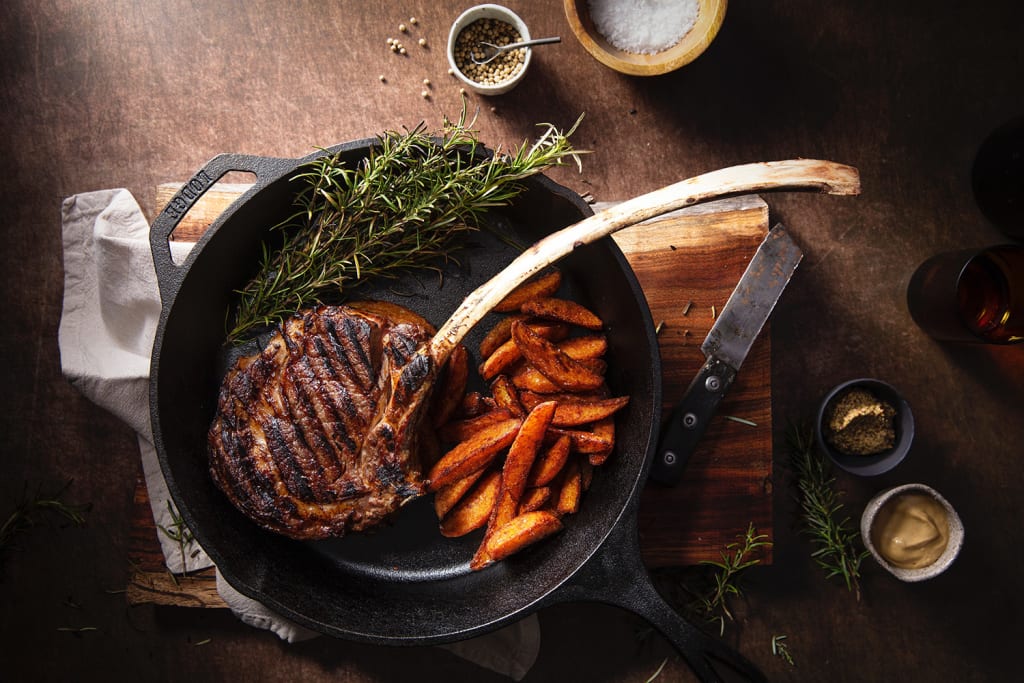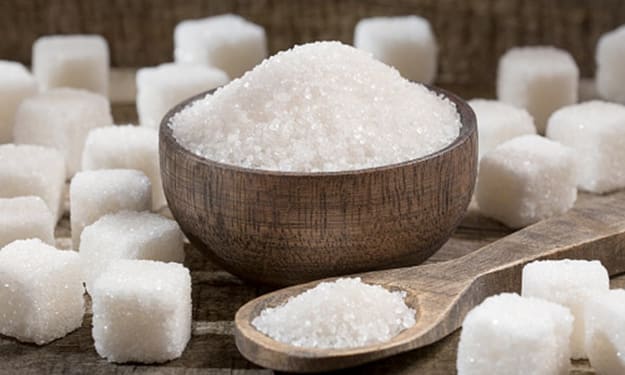The CARB Controversy: Beyond Keto
Why you should become fat-adapted.

Carbs…
Carbs or Carbohydrates seem to be a controversial topic. We see distinct camps, some people raving at a full-on carb party, some people carb-phobic, scared of the sight of them. But what is the truth about carbs?
Today I will explore this topic through a primal health lens. I am after all a Primal Health Coach.
Let me start by dropping one big bomb, one that will make a lot of people upset.
The truth is Carbohydrates are a NON-ESSENTIAL macronutrient.
Now I know that will shock a lot of people, it will upset the carb party, and pull the plug on DJ Deep Pan spinning pizza on the decks.
But let me tell you, if you don't eat Protein and fats you will die. If you never eat another Carb again you will be absolutely fine.
WHAT!!! How is this so??? you ask, wanting to fight me…. But but but Glycogen you scream into your porridge oats….
So let's start with Gluconeogenesis
What is it? We could call it the body's Self-Sustaining Energy Mechanism
Gluconeogenesis is a natural metabolic pathway that occurs primarily in the liver and kidneys. It enables our bodies to produce glucose (blood sugar) from non-carbohydrate sources, such as amino acids (protein) and glycerol (fats). This process ensures a steady supply of glucose, even in the absence of dietary carbohydrates. Multiple studies have shown that the human body can maintain blood glucose levels within a narrow range through gluconeogenesis, irrespective of carbohydrate intake. It can be seen as the reverse anabolic process of glycolysis—the breakdown, and extraction of energy from glucose.
So there you have it straight up, the body can create glucose without carbs.
This is an evolutionary trait that has informed our genetic expression for a long time, well up until 150 years or so ago. Then came the introduction of processed /industrialized food, we suddenly had carbs on demand, for all of history the winters would mean little to no carbs were available, we were in a constant yearly cycle of fat adaptation.
We began to disconnect ourselves from nature and became dependent on the sugar from carbs for energy.
We no longer needed to be metabolically flexible, the very thing that made us so strong and able to survive, we turned off the genetic expression of this metabolic pathway. Is it any surprise we have seen an explosion in metabolic disease in our modern world?
But what is metabolic Flexibility?
Fat adaption
The preferred metabolic state for humans is known as Fat adapted or to be called a Fat Burning Beast in the words of Mark Sission the man behind Primal Health.
This means we use fat as our main fuel source.
Fat adaptation is the metabolic switchover from fuelling predominantly with glucose to fuelling predominantly with fat. The body becomes able to utilize both pathways.
The food pyramid or Standard American Diet (SAD) will tell you to believe that carbs are the foundation of a healthy diet. But in truth this is not so, if we look back just 150 years, carbs were a seasonal thing, the winters would mean little to no carbs were available, and we would find ourselves in a constant yearly cycle of fat adaptation.
When you become Fat adapted you burn stored fat for energy throughout the day. You may look at that and be worried about energy availability and energy levels, but there is enough stored energy don't you worry. A person who weighs 60 kg with 10% body fat, has 6 kg of fat or 6000g, which at 9 calories/gram is 54,000 calories of potential energy access. Plenty!
For athletes, fat adaptation also means you can rely more on fat for energy during exercise. This creates a glycogen-sparing effect, where carbohydrate stored in the muscle is left available to support high-intensity bursts (where it is most required).
Carbs although non-essential are pretty useful though, I eat up to 150g a day to keep that little buffer of glycogen stored in my muscles as I workout 4 or 5 days a week.
Why 150g? Well under 150g of carbs per day will see you living in that Goldilocks zone of metabolic flexibility, you will be fat-adapted.
You may have heard this low-carb approach linked to Keto, it isn't however specific to keto. Primal eaters can remain fat-adapted eating a higher carb intake (50g-150g is the recommended range for Primal/Paleo) Eating like this will see you dip into ketosis if you fast or perform heavy activity. Fat adaption refers to your body's ability to turn to fat for fuel when carbs aren't available. By avoiding consistent insulin spikes or relying heavily on carbohydrates, you can effortlessly sustain fat-adaptation without actively undermining the process.
I look at my diet and life through a longevity lens, well in a health span not a life span kind of way.
I ama 43-year-old dad, I am not a competitive athlete, I need fuel for life and health. I want to be optimal. I want to be in shape efficiently and effortlessly. I want to feel full of vitality every day and take that into my later years, 60, 70 and further. The idea is to be as healthy as possible, for my kids and hopefully my grandkids. That kind of thinking begins with the food choices I am making every day.
By controlling my carbs I am not on a rollercoaster of energy peaks and crashes, I feel constant all day. I don’t snack as my hunger is under control, my body is using its fat stores for energy and not signalling for more sugar by making me hungry. My body is working how it evolved to work.
About the Creator
The Quantum Dad
I'm a 43-year-old Married Dad of 2. I am passionate about all things health and fitness. I'm head over heels for quantum biology and circadian health.
I own a post-production company that keeps me busy






Comments (1)
This was very informative and well written. I'm a Nutritionist and I usually recommend a low calorie diet for weight loss.